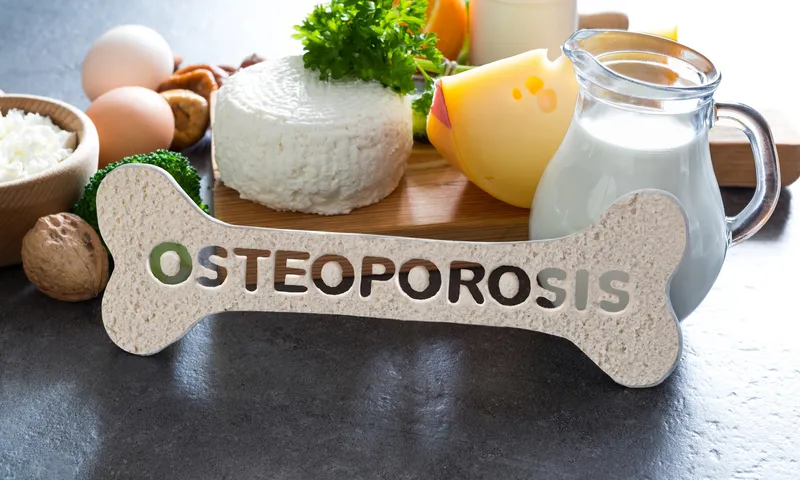Does Osteoporosis Affect Your Teeth

If you’ve recently been diagnosed with osteoporosis, you may have experienced how it can adversely affect various parts of your body and lifestyle. For example, it may have caused you fractures, impacted your posture, and forced you to be cautious with specific movements, limiting some of your hobbies or activities. Given that your teeth are held in place by the jawbone, questioning whether osteoporosis can also affect your teeth is only natural.
If you or someone close to you has been diagnosed with osteoporosis, read this article to find out if osteoporosis affects your teeth and how. It also explains what osteoporosis is and outlines effective methods of managing it.
What is Osteoporosis?
In healthy individuals, the breakdown and rebuilding of bones is a constant, natural process. However, when bone loss outpaces new bone growth, health issues, such as osteoporosis, can occur. As a chronic condition that causes bones to become brittle, less dense, and fragile, osteoporosis increases the likelihood of fractures and can even affect your teeth. A fracture is also often the first sign of this disease since it usually develops silently initially. Later, fractures of the hip, wrist or spine are common, the latter of which often cause height loss, a stooped posture, or back pain.
Risk factors for osteoporosis include age, family history, certain medications, and lifestyle factors such as low calcium intake and limited physical activity. Additionally, it’s often seen in women after menopause due to a sudden drop in estrogen, which removes natural bone protection, combined with the already smaller bone mass of women compared to men.
How Does Osteoporosis Affect Your Teeth?
As we’ve established, osteoporosis can indeed affect your teeth, but let’s explain what exactly this means. While the spine, hips, and wrists are often the most severely impacted by osteoporosis, bones throughout the body, including the jawbone, are also affected. This means that, although osteoporosis doesn’t directly damage tooth enamel, a weaker, thinner and less stable jawbone can result in tooth loss or shifting teeth, since it can’t reliably hold your teeth in place. Sometimes, medications used to treat osteoporosis can contribute to osteonecrosis of the jaw. Additionally, some patients with osteoporosis and gum disease may see the latter condition progressing more quickly than in healthy individuals, and even the success of dental implants may be impaired if jawbone loss is severe.
How to Manage Tooth Health With Osteoporosis?
Since osteoporosis is a chronic illness, a commitment to proper long-term management is crucial to reduce overall bone loss, including in the jawbone, and maintain tooth and gum health. Generally, patients with osteoporosis are advised to make several lifestyle adjustments, including to their diet and level of physical activity. For example, quitting smoking and limiting alcohol, along with a balanced nutrition that focuses on adequate calcium and vitamin D intake, can be beneficial. Getting enough sunlight and staying active through walking, dancing, jogging, and strength training can also help maintain your bone and muscle mass.
If lifestyle adjustments aren’t sufficient in addressing your condition on their own, your physician may prescribe you osteoporosis medications. These may includerisedronate, alendronate, raloxifene, or bone-building medications. Additionally, remember that maintaining good oral hygiene, including brushing, flossing, and regular dental checkups, remains one of the most effective steps you can take, regardless of whether you have osteoporosis or not. Finally, be sure to inform your dentist of any osteoporosis medications you are taking and regularly follow up with your general healthcare provider to ensure your treatment remains on track.
IMPORTANT NOTE: The above information is intended to increase awareness of health information and does not suggest treatment or diagnosis. This information is not a substitute for individual medical attention and should not be construed to indicate that use of the drug is safe, appropriate, or effective for you. See your health care professional for medical advice and treatment.


